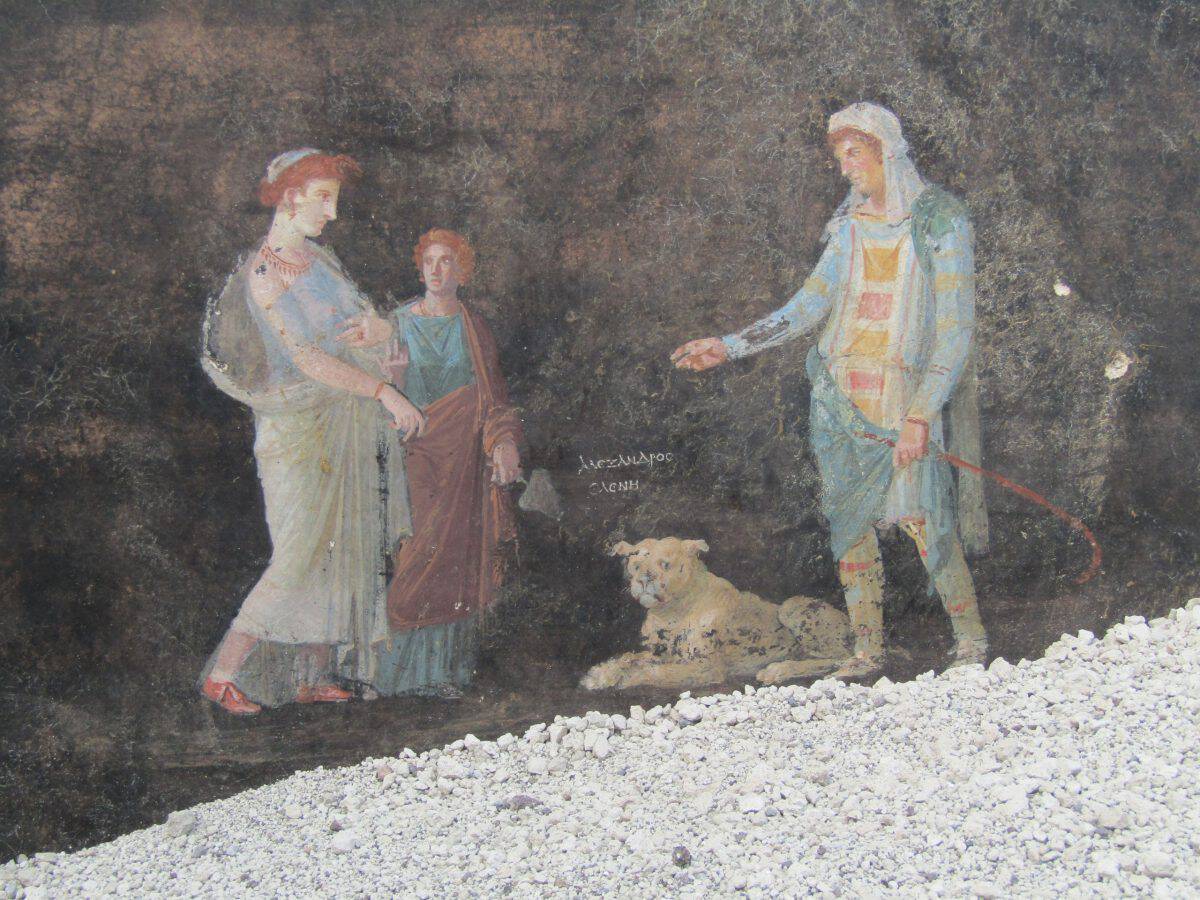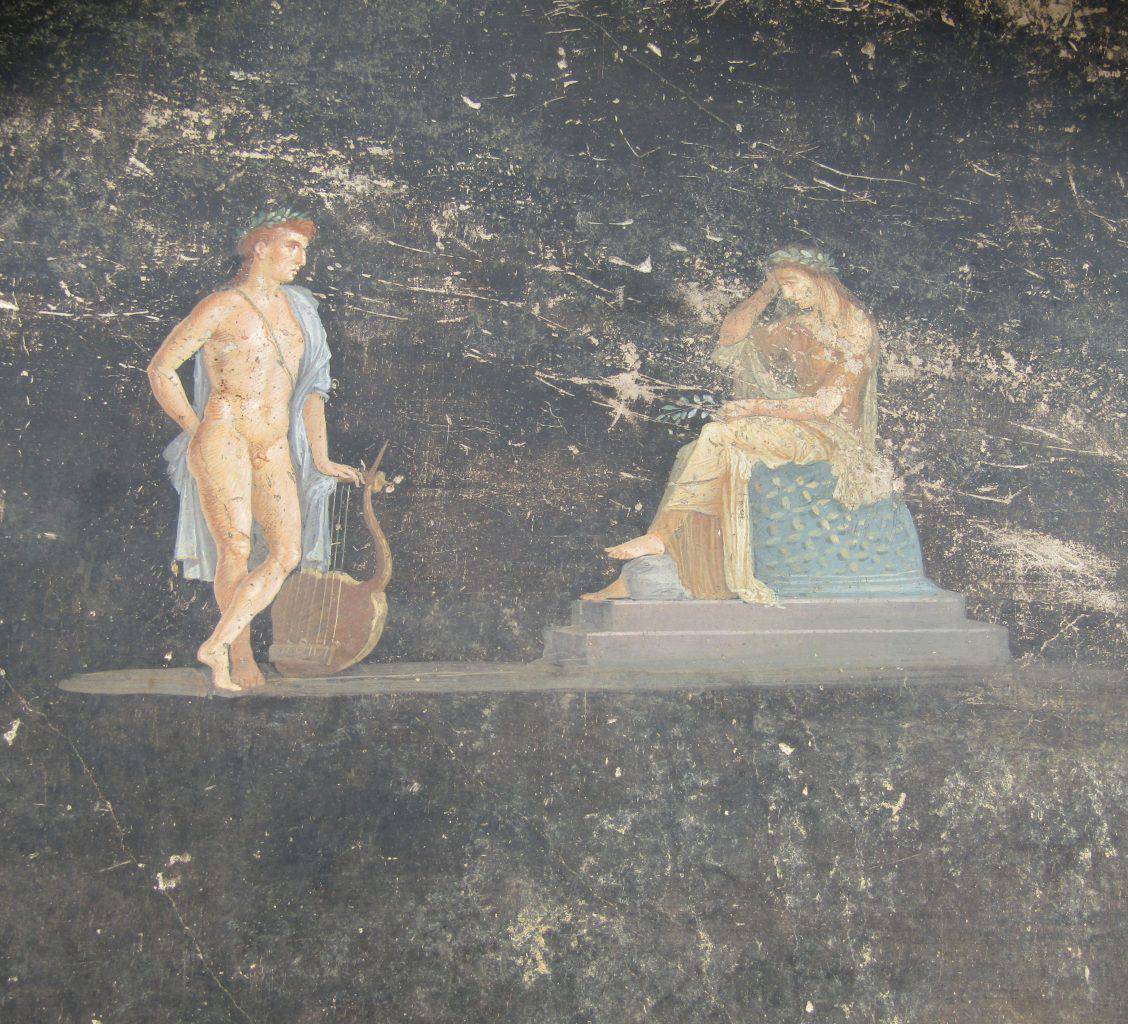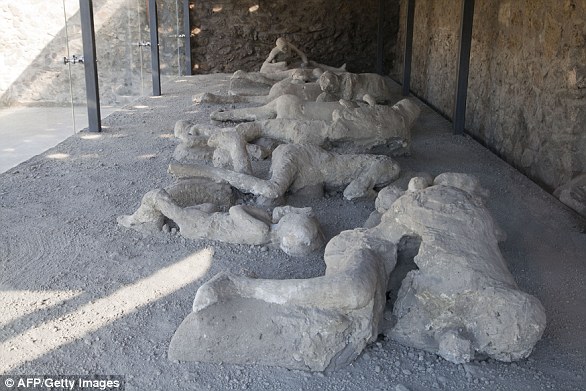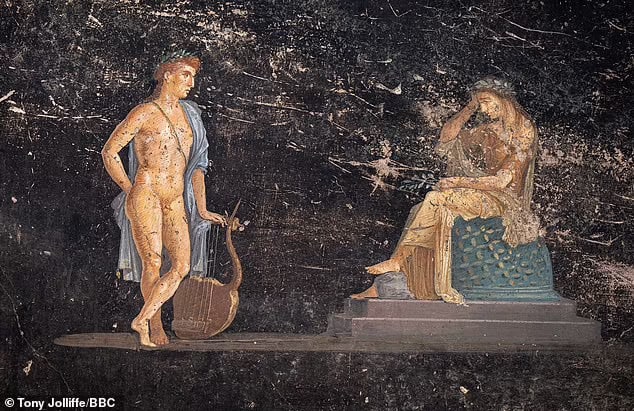Archaeologists have uncovered a stunning new fresco depicting Helen of Troy in the ancient Roman city of Pompeii.
The fresco, which was found in the "black room" of a house in the Regio V district, is believed to date back to the 1st century AD.
As well as Helen and Paris indicated in a Greek inscription placed between the two figures with his other name, “Alexandros”, there is the figure of Cassandra, the daughter of Priam, who is depicted on the walls of the dining room together with Apollo. In Greek mythology, Cassandra was renowned for her gift of foresight and her terrible fate, which prevented her from altering the course of future events. Despite her ability to predict the future, no one believed her as a result of a curse that Apollo put upon her for refusing to give herself to him, and she was, therefore, unable to prevent the tragic events of the Trojan War that she had foreseen. After being raped during the capture of Troy, she would end up being a slave of Agamemnon at Mycenae.

Second fresco depicts Apollo seducing Cassandra
Another newly-discovered fresco in the black room depicts the naked Greek god Apollo trying to seduce the priestess Cassandra. This fresco is also believed to date back to the 1st century AD.

Pompeii and Herculaneum destroyed by Mount Vesuvius eruption
The cities of Pompeii and Herculaneum were destroyed in 79 AD by a devastating eruption of Mount Vesuvius. The eruption buried the cities under layers of ash and pumice, preserving them for centuries.
Archaeologists continue to uncover Pompeii
Archaeologists have been excavating Pompeii for centuries and have uncovered a wealth of information about Roman life. New discoveries are still being made today, including these two stunning new frescoes.



